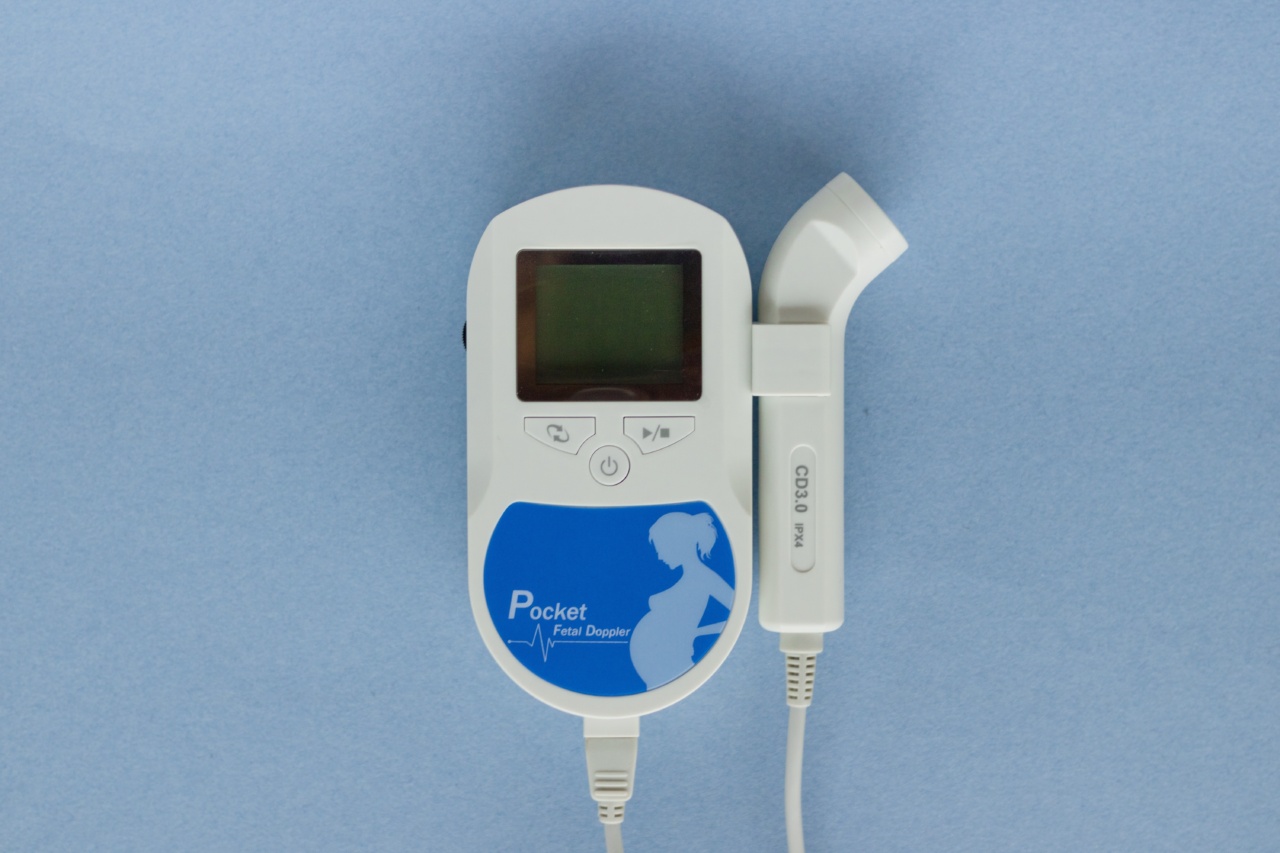When it comes to managing mental health disorders during pregnancy, the use of medication can be a complex and delicate issue.
One such medication that poses unique challenges is lithium, which is commonly prescribed for bipolar disorder and other mood disorders. While lithium can be effective in stabilizing mood swings and preventing relapses, it is crucial to understand the potential risks it may pose to the developing fetus when taken during pregnancy.
Understanding Lithium and its Effects
Lithium is a mood stabilizer that has been used for decades to manage bipolar disorder and other mental health conditions. It helps regulate brain chemicals and can be highly effective in reducing the severity and frequency of mood swings.
However, lithium is a potent substance that can have various effects on the body, including potential risks to the unborn baby.
Risks and Concerns
Exposure to lithium during pregnancy has been associated with an increased risk of certain complications and birth defects. The exact risks depend on the timing and duration of exposure, as well as the dosage of the medication.
Some of the primary concerns include:.
1. Cardiac Malformations
Studies have shown that exposure to lithium during the first trimester of pregnancy, particularly between the fourth and seventh weeks, can increase the risk of cardiac malformations in the fetus.
These abnormalities can range from minor to severe and may require immediate medical attention after birth.
2. Poor Neonatal Adaptation Syndrome
Neonatal adaptation syndrome refers to a collection of symptoms that newborns may experience shortly after birth.
Babies exposed to lithium during pregnancy may exhibit symptoms such as respiratory distress, hypoglycemia, muscle tone abnormalities, and jitteriness. These symptoms are typically transient and tend to resolve within a few days or weeks.
3. Thyroid Dysfunction
Lithium has the potential to impact thyroid function, both in the mother and the developing fetus. Hypothyroidism or hyperthyroidism can occur in the mother, which may require careful monitoring and medication adjustments during pregnancy.
Additionally, fetal thyroid dysfunction can lead to growth issues and developmental delays.
4. Increased Risk of Preterm Birth
Research suggests that pregnant individuals taking lithium have a higher likelihood of delivering prematurely.
Preterm birth can pose numerous challenges for the newborn’s health, including respiratory difficulties, feeding problems, and long-term developmental delays.
5. Neurodevelopmental Concerns
There is ongoing debate regarding the potential long-term effects of lithium exposure on the neurodevelopment of children.
Some studies suggest a possible association between lithium use during pregnancy and an increased risk of cognitive and behavioral issues, although more research is needed to establish a definitive link.
Managing the Risks
Although the potential risks associated with lithium use during pregnancy are concerning, it is essential to recognize that discontinuing or altering a medication regimen can also have severe consequences for the mother’s mental health.
Decisions regarding the continuation, alteration, or cessation of lithium treatment during pregnancy must be made on a case-by-case basis, weighing the potential risks against the benefits.
Preconception Counseling and Planning
For individuals considering pregnancy or who have recently discovered they are pregnant, preconception counseling is crucial. It allows a thorough assessment of the individual’s mental health condition and their specific medication needs.
Planning in advance can help minimize risks and ensure the best possible outcomes for both the mother and the baby.
Collaborative Care
Managing mental health during pregnancy requires a multidisciplinary approach. Close collaboration between the individual’s psychiatrist, obstetrician, and other healthcare providers is essential.
Regular monitoring of the mother’s mental health and fetal well-being, as well as timely adjustments to the treatment plan, can help mitigate potential risks.
Conclusion
Lithium is a valuable medication for stabilizing mood disorders, but its use during pregnancy should be approached with caution.
The potential risks it may pose to the fetus must be carefully considered and balanced against the mother’s mental health needs. Through preconception counseling, collaborative care, and ongoing monitoring, healthcare providers can optimize outcomes for pregnant individuals while minimizing the potential risks associated with lithium exposure.






























